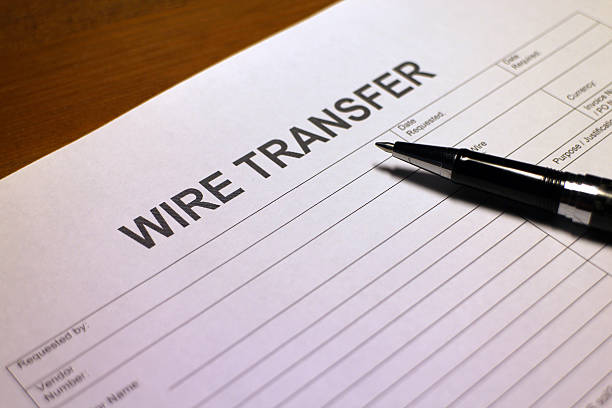Routing numbers, also known as ABA routing numbers or transit numbers, are essential digits that play a critical role in the US banking system. These nine-digit codes help identify financial institutions during electronic transactions, directing funds accurately to the intended destination. Just as a street address guides mail to the correct location, a routing number ensures that your money reaches the appropriate bank or credit union.
Changing Circumstances and Routing Numbers
Financial institutions are not static entities; they can undergo changes for various reasons. Mergers and acquisitions, rebranding efforts, and geographic expansions are common occurrences in the banking industry. These changes often lead to adjustments in the internal structure of banks and credit unions, which can affect routing numbers.
Using an Old Routing Number
The short answer is: No, you should not use an old routing number for your transactions. If your financial institution has changed its routing number due to any of the aforementioned reasons, continuing to use the old routing number can lead to unintended consequences and transaction failures. Here's why:
Failed Transactions: Using an outdated routing number can result in transactions being declined or delayed. Since routing numbers play a crucial role in directing funds, an old routing number may lead to funds going to the wrong account or being rejected altogether.
Account Verification: Financial institutions use routing numbers to verify the authenticity of transactions. An old routing number might raise suspicions and trigger security measures, causing disruptions in your banking activities.
Legal and Compliance Issues: Attempting to use an old routing number could potentially be considered a breach of terms and conditions set by your bank. This might lead to penalties or account restrictions.
Staying Updated
To ensure smooth and secure transactions, it's essential to stay updated with any changes in your financial institution's routing number. Here's what you can do:
Contact Your Bank: If you suspect that your bank's routing number has changed, reach out to your bank's customer service or visit their website for the latest information. They can provide you with accurate and up-to-date routing numbers.
Update Your Information: If your bank confirms a routing number change, make sure to update your records and inform any relevant parties about the change. This includes updating your employer for direct deposits, online bill payment services, and any other entities that transfer funds to your account.
Be Cautious of Scams: Ensure that you receive routing number updates directly from your bank's official channels. Scammers might attempt to deceive you with fraudulent routing number information, so always verify any changes with your bank.
Conclusion
In the ever-changing landscape of the banking world, routing numbers are crucial for the seamless movement of funds. While it might be tempting to stick with an old routing number, it's essential to stay current and ensure the accuracy of your financial transactions. By staying informed about any routing number changes, you can maintain a secure and hassle-free banking experience.
Frequently asked questions (FAQs) related to bank routing numbers and bank routing information:




